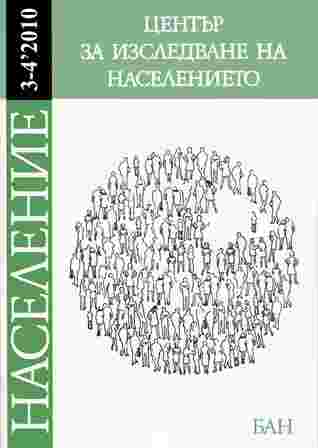Различни, но равни? Етническите неравенства в България
DIFFERENT BUT EQUAL? ETHNICITY AND THE CONSTRUCTION OF INEQUALITIES
Author(s): Ilona TomovaSubject(s): Social Sciences
Published by: Институт за изследване на населението и човека - Българска академия на науките
Summary/Abstract: During Post-Socialism social and economic inequalities among the largest ethnic groups in Bulgaria (ethnic Bulgarians, Bulgarian Turks and Roma) augmented significantly. This fact is often explained with cultural differences. The 2007 EUREQUAL survey allows us to examine an extensive body of empirical evidence relating ethnic inequalities in the country. Comparative analysis of the beliefs and values of these three largest ethnic communities confirms the claim that sion of the largest minority groups in the country. enforced the role of ethnicity on the construction of inequalities and on social excluof nation from ethnic to a political one, together with the prolonged economic crisis, ties’ economic and social exclusion. The aborted process of replacement of the model other hand, ethnicity in the “nationalizing national state“ is a major factor for minoriculture when we try to understand political, moral, and gender differences. On the market and from political and social spheres matters much more than religion and culture does matter. But the comparative data suggest that the exclusion from labour
Journal: Население
- Issue Year: 2011
- Issue No: 1-2
- Page Range: 93-121
- Page Count: 29
- Language: Bulgarian
- Content File-PDF

